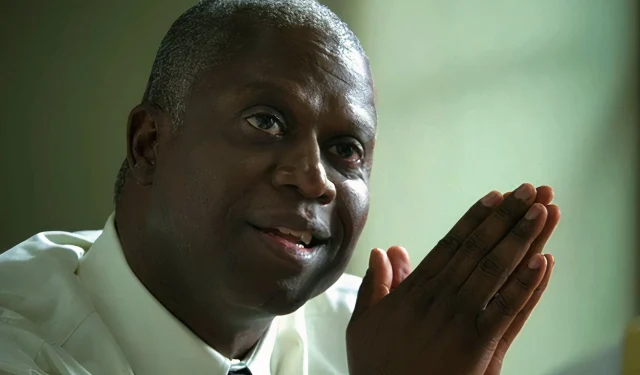
The character of Dr. Gregory House, portrayed by Hugh Laurie, is fundamentally defined by his struggle with addiction to Vicodin. This complex issue reaches a pivotal point in season 6, catalyzed by the introduction of Dr. Darryl Nolan, played by Andre Braugher, a psychiatrist who aids House in confronting his demons. Renowned for his extraordinary diagnostic abilities, House has relied on his peers to enable his addiction for five seasons. Despite his sardonic humor serving as a mask for his suffering, by the end of season 5, the numbing effects of drugs are insufficient to shield him from the weight of his emotional turmoil.
House grapples with profound grief from the passing of his father and the tragic deaths of his colleagues. Notably, the unexpected suicide of Lawrence Kutner and the tragic bus accident that claims Amber Volakis deeply affect him. As his mental state deteriorates, he begins to experience disturbing hallucinations, a psychological consequence of his Vicodin consumption that compels him to seek help. In the thrilling finale of season 5, House voluntarily admits himself to Mayfield Psychiatric Hospital, where he is destined to meet the astute Dr. Nolan.
Unlocking the Mind: Dr. Nolan’s Role as House’s Psychiatrist
House’s Journey Begins After Detox
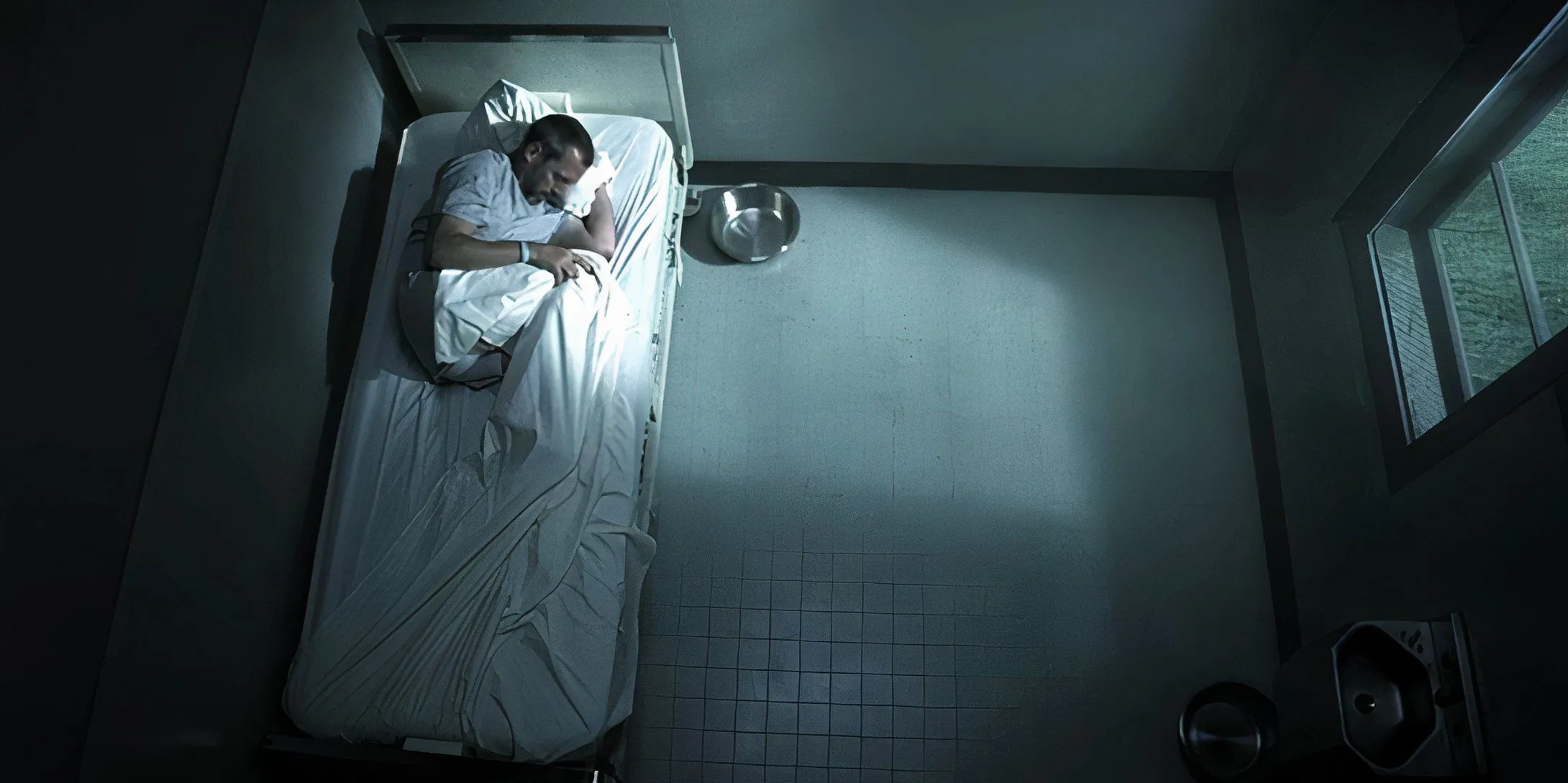
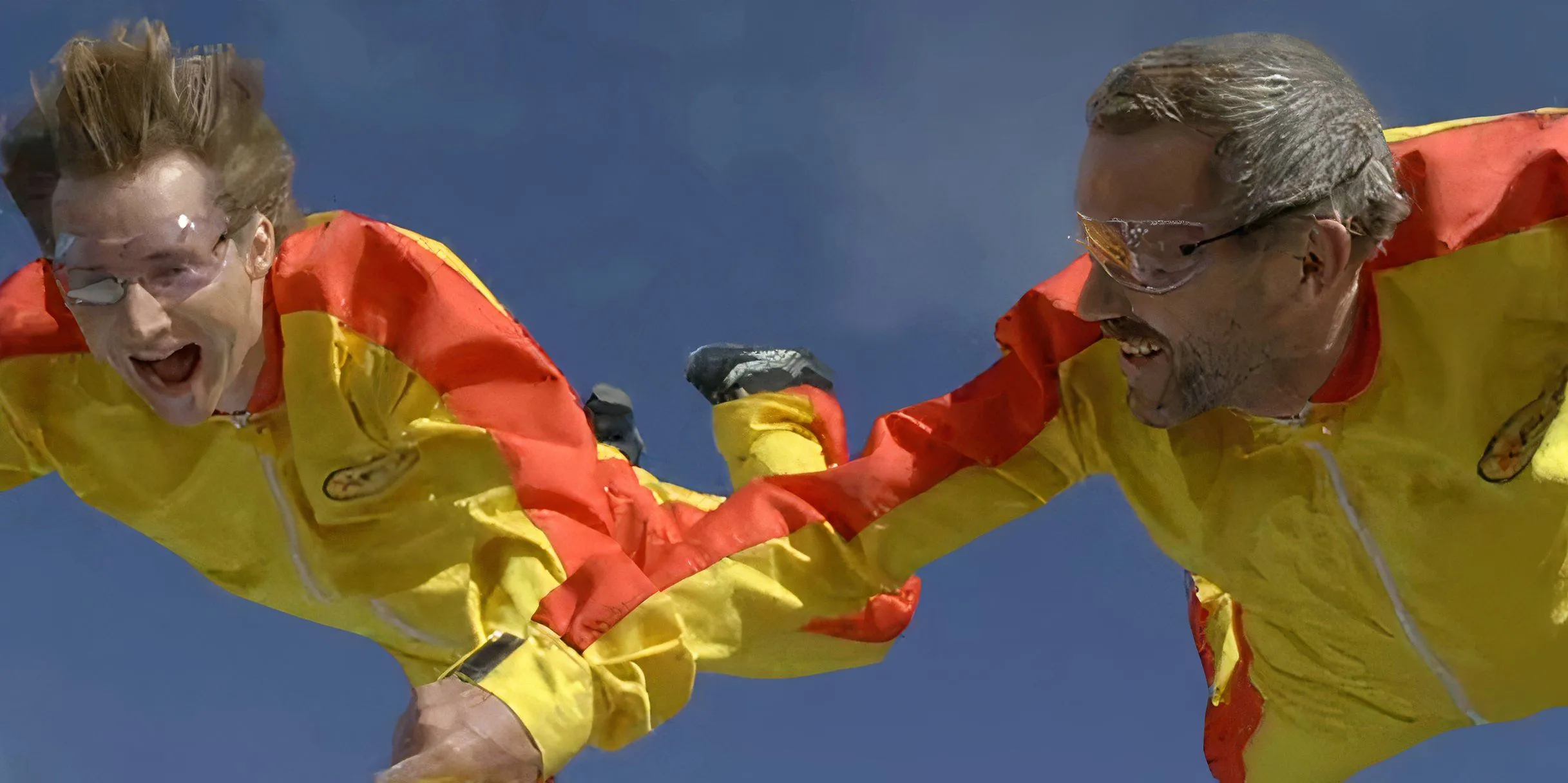
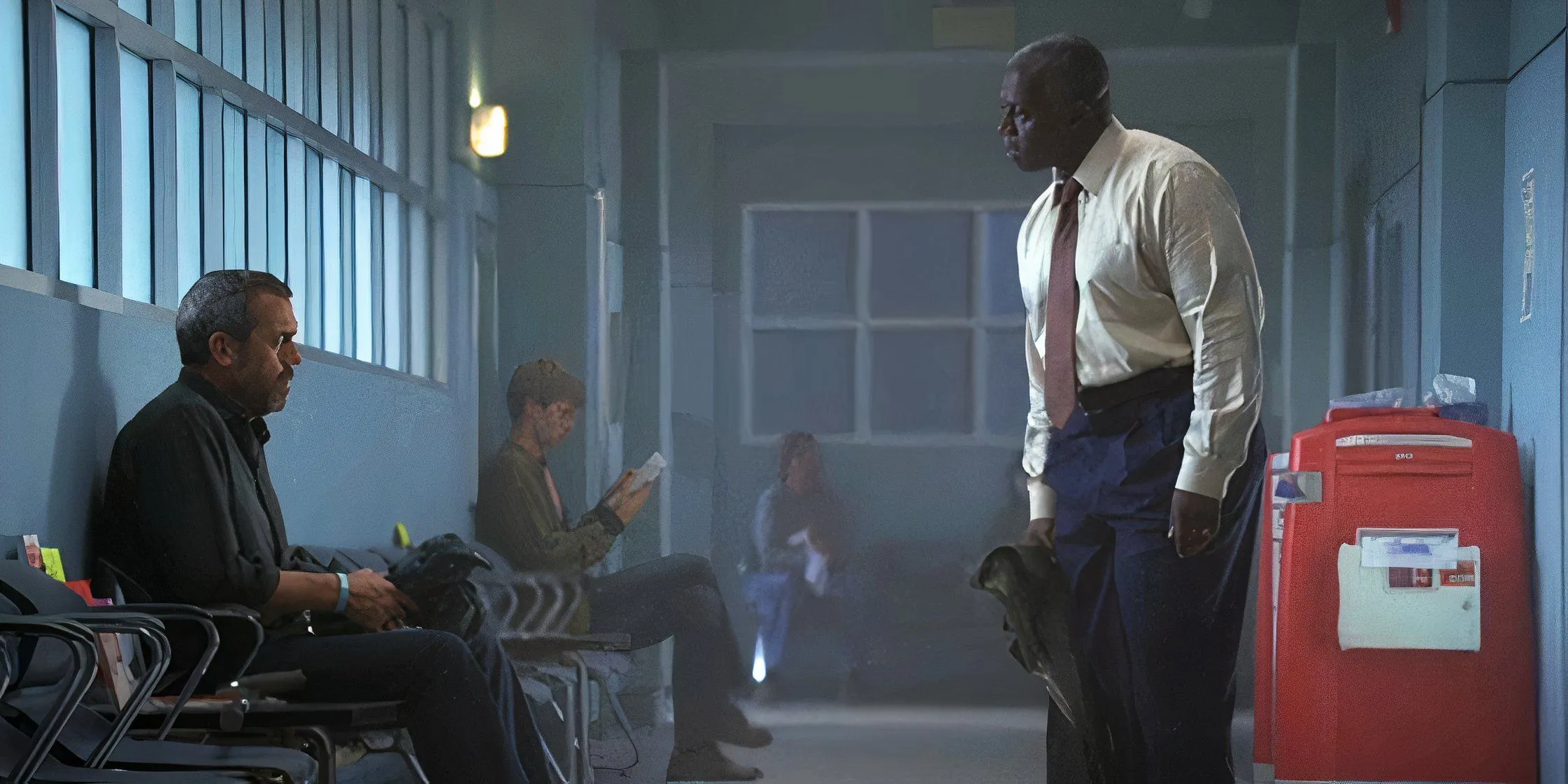
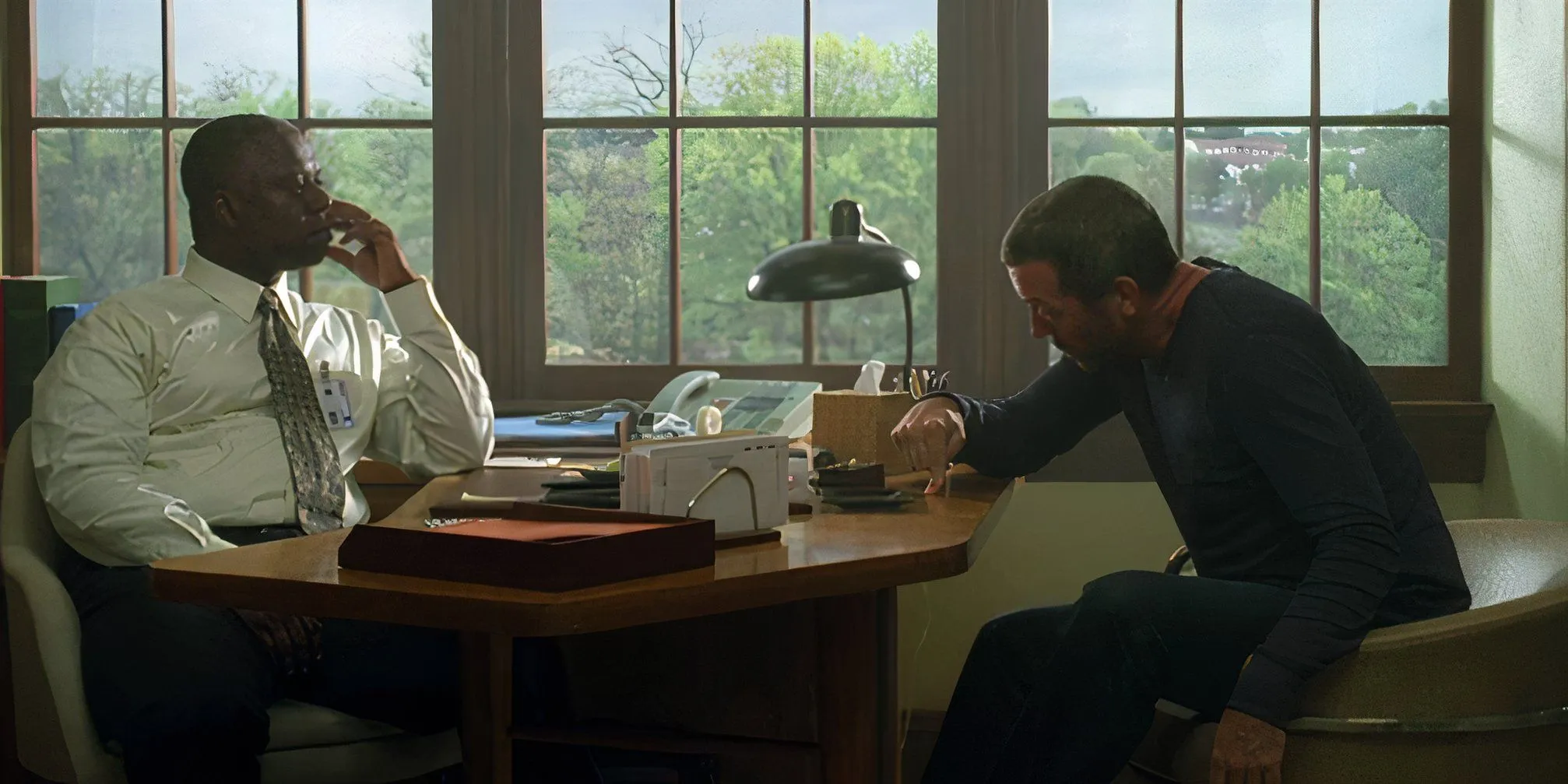
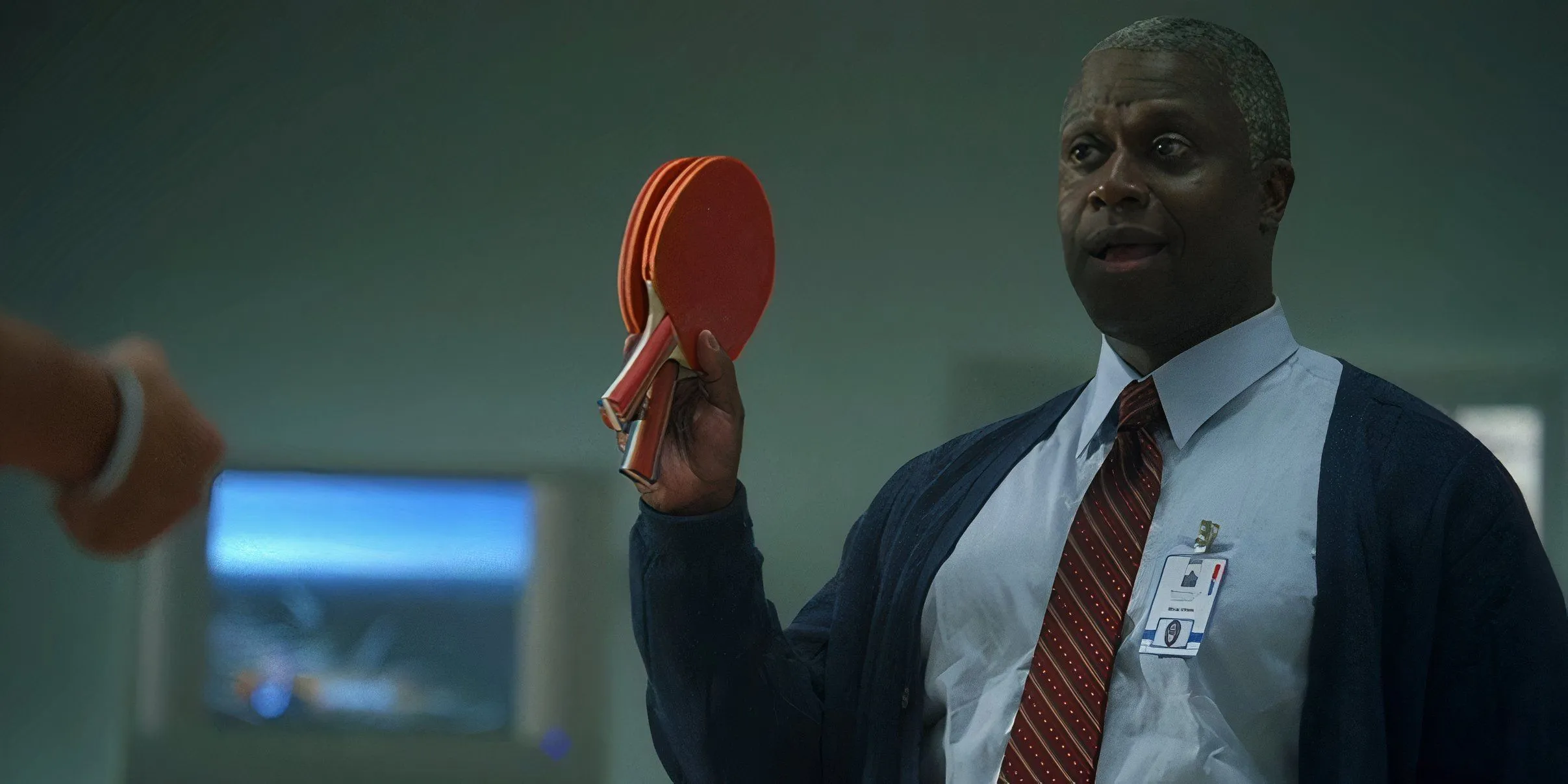
Upon entering Mayfield, House’s initial experience of detox seems manageable—but once he surpasses the physical withdrawal stage, he is faced with deeper challenges. He anticipates leaving the facility immediately, but Dr. Nolan intervenes, recognizing the complexity of House’s issues extends well beyond mere detoxification. Nolan’s professional demeanor counters House’s defiance, as he pushes for a transition to the long-term ward, an action House perceives as coercive. However, Nolan’s goal is fundamentally to secure House’s medical license and support his recovery.
Even though House can legally depart, the absence of a recommendation from Nolan jeopardizes his return to medicine. This leverage highlights House’s vulnerability, despite his cynicism about Nolan’s approach. Throughout their sessions, Nolan can discern House’s penchant for manipulation, playing psychological games that have defined his relationships with others.
The turning point arrives when House’s reckless actions nearly jeopardize the safety of another patient. It’s in this moment of crisis that he begins to recognize the importance of trust, particularly in his relationship with Dr. Nolan. Initially resistant to Nolan’s guidance, House is eventually forced to confront his coping mechanisms when he resorts to deceit regarding his prescribed medications.
House shares a room with Juan “Alvie”Alvarez, portrayed by Lin-Manuel Miranda, a lively character who supports House’s schemes against Nolan. In an emblematic twist, while Nolan urges House to start antidepressants, House fears they might dull his brilliance—a common yet misguided belief regarding SSRIs. Instead of providing assistance to fellow patients, House engages in their psychological struggles, further illustrating his misguided sense of superiority.
Building Trust: The Relationship Between Nolan and House
An Unlikely Collaboration: Nolan’s Important Consult with House
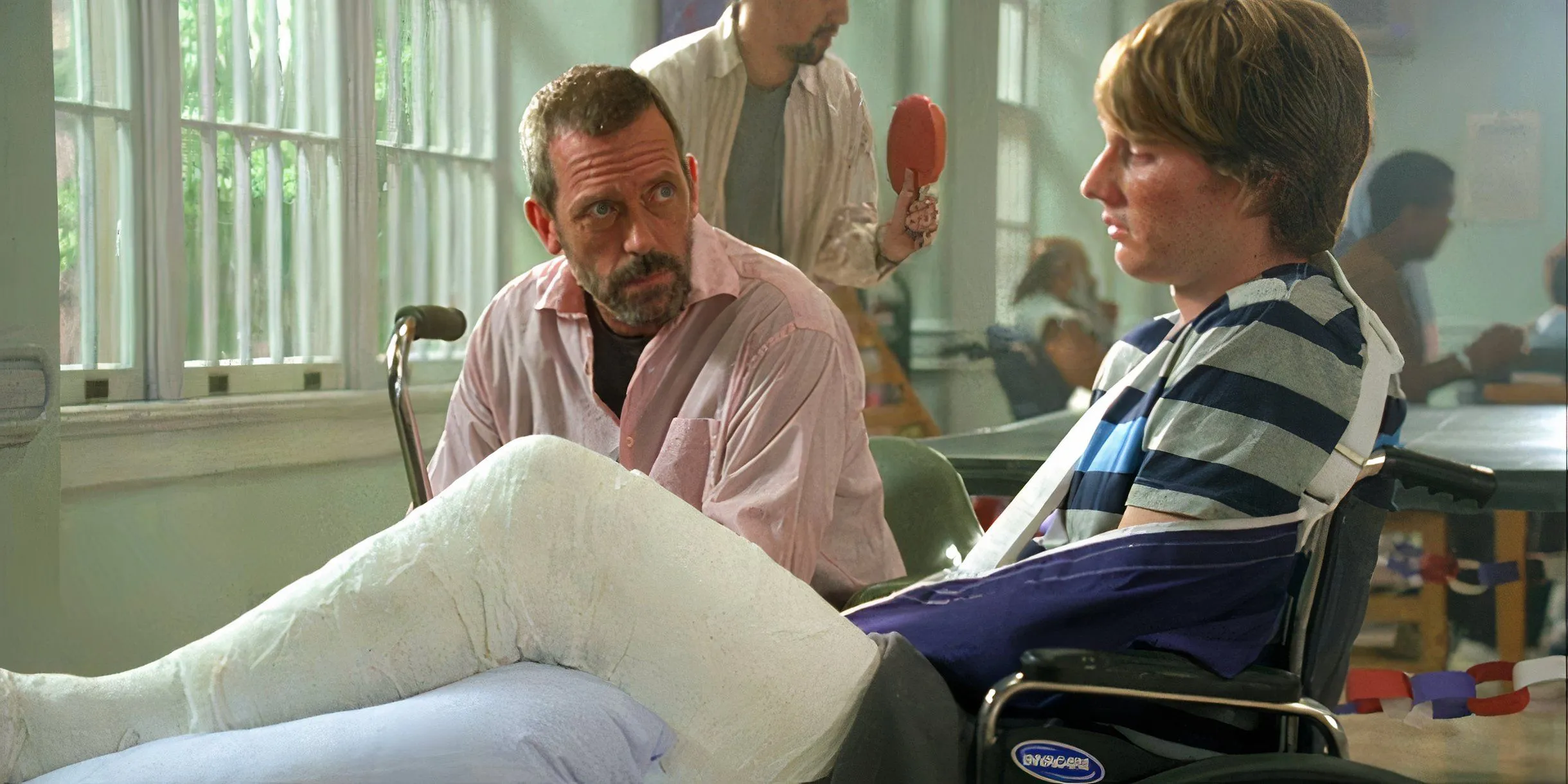
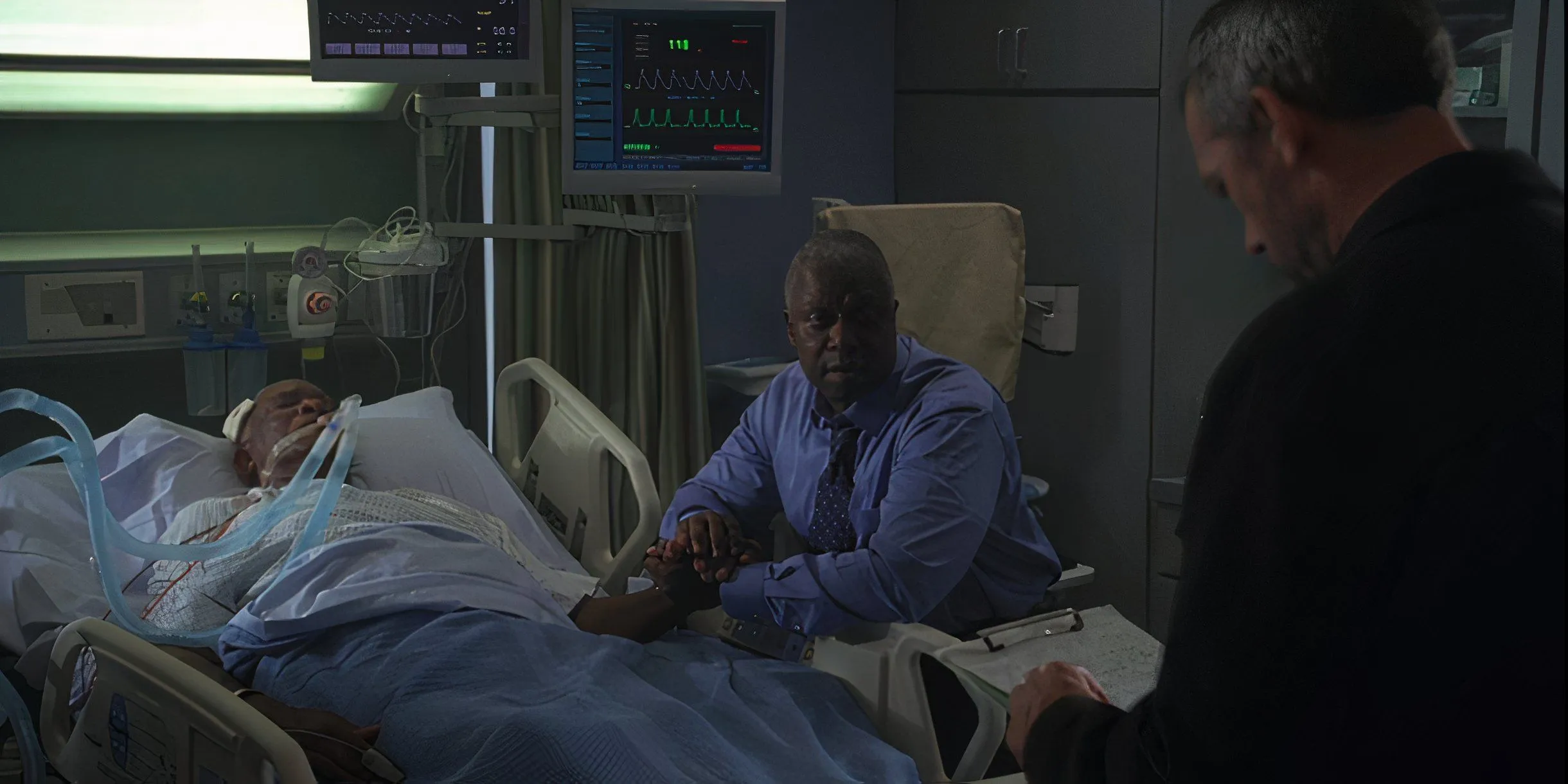
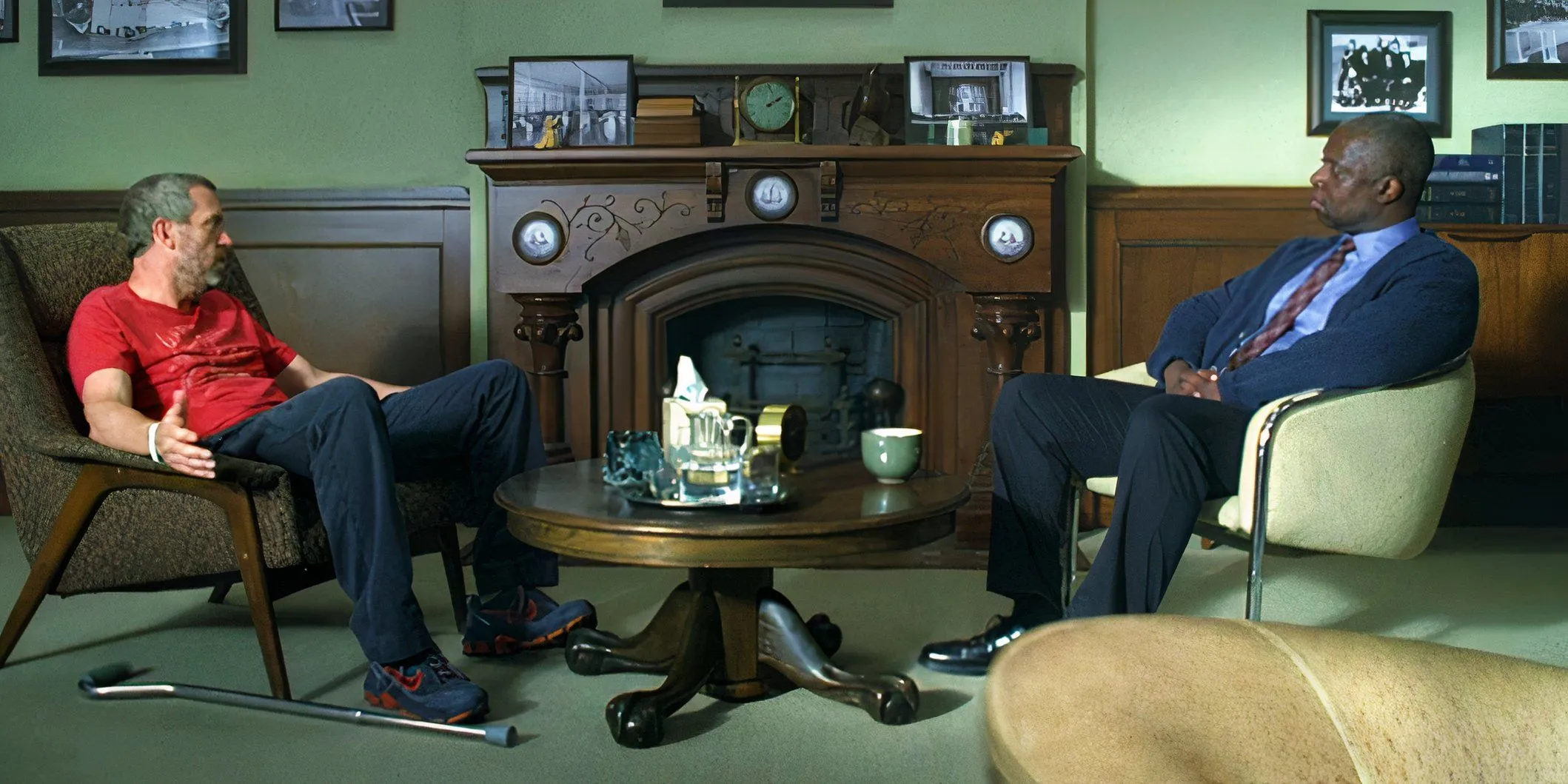
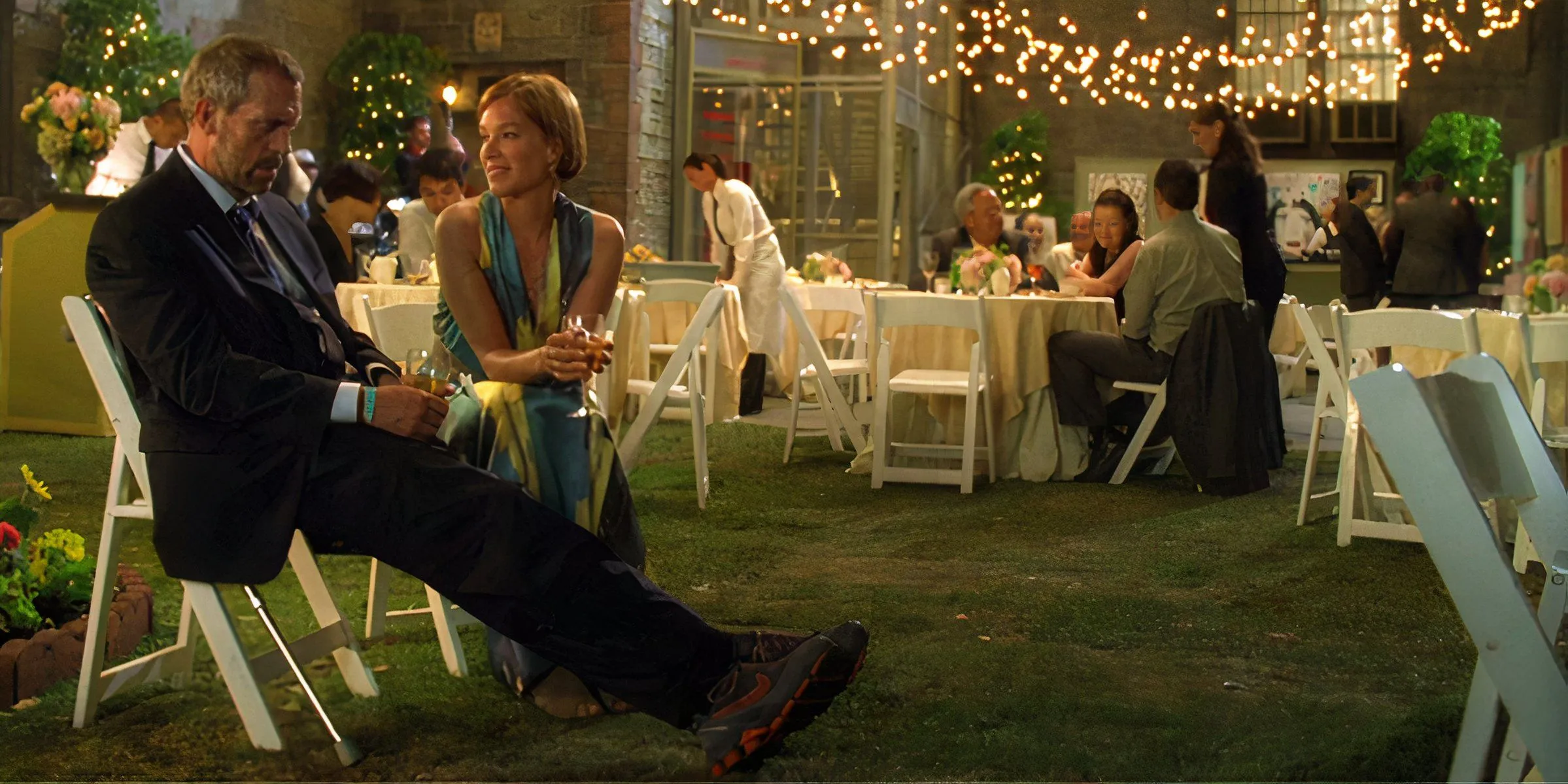
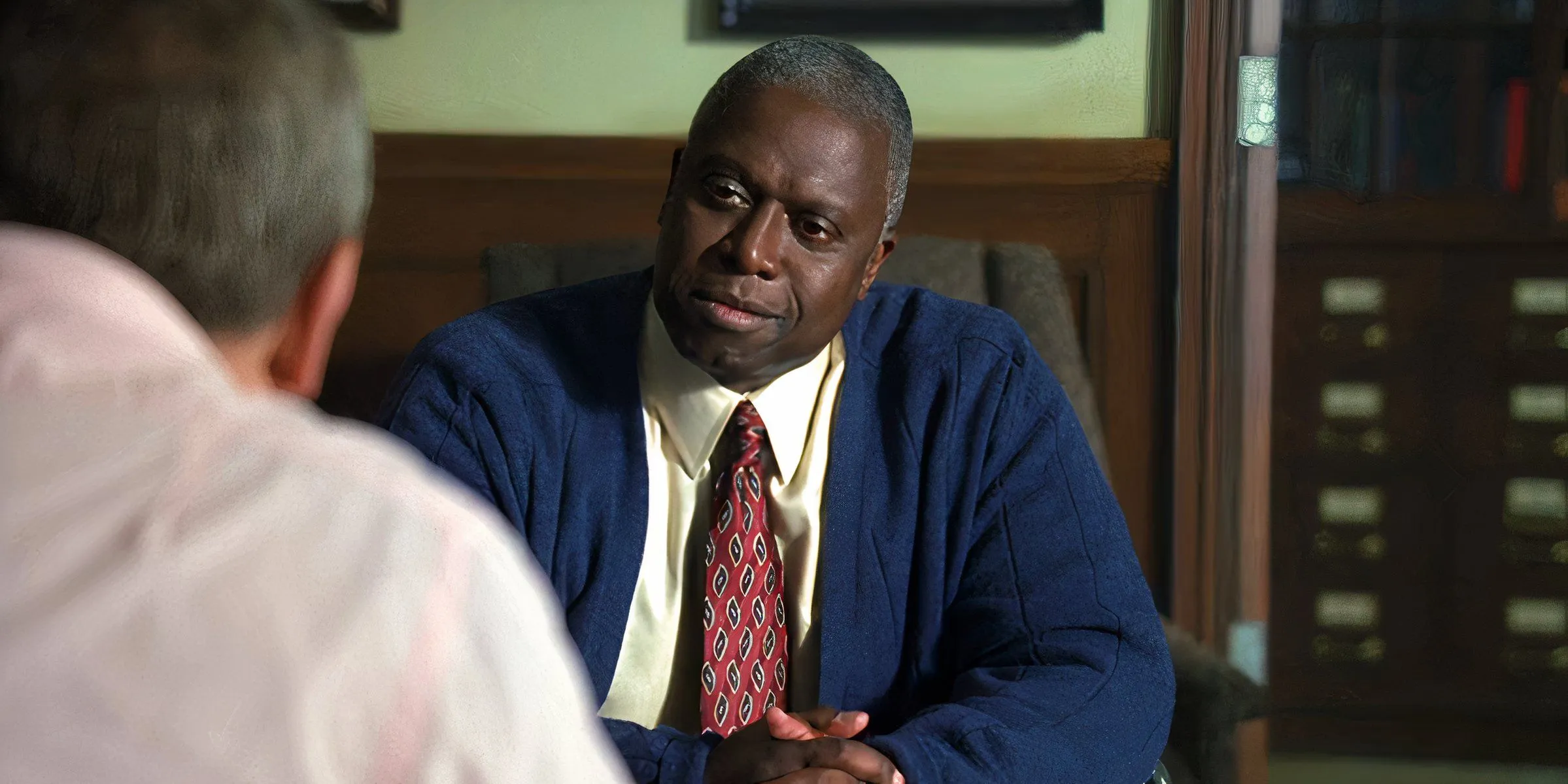
House’s guardian instinct emerges when a new patient, Steve Alcartine, arrives at the ward. Steve grapples with the aftermath of his wife’s death and believes he is a superhero, embodying the persona of Freedom Master. An irate House intervenes when the staff administers drugs that render Steve nearly immobile, insisting he knows best, which propels him into a reckless course of action. With the intent to demonstrate his superiority over Dr. Nolan’s methods, House absconds with Steve to an amusement park.
During this ill-fated outing, which culminates in a severe accident for Steve, House experiences a surge of guilt that catalyzes his commitment to cooperating with Nolan. Throughout his turbulent journey, House demonstrates a stark propensity for impulse control issues, ultimately leading to a realization that his reckless ambition—though borne from a genuine desire to help—can have heartbreaking consequences.
https://www.youtube.com/watch?v= BDlBjJkRscg
As Nolan becomes attuned to House’s unique needs, he shifts away from traditional methods, emphasizing the importance of trust and interpersonal skills. By facilitating social interactions, Nolan seeks to challenge House’s deep-seated cynicism about relationships. A pivotal moment occurs when House meets Lydia at a fundraiser, where their shared banter serves as a gateway for House to explore vulnerability.
Nolan celebrates this interaction as a breakthrough, demonstrating House’s ability to trust—even in superficial encounters. His acumen for recognizing personal victories reinforces Nolan’s therapeutic approach and catalyzes House’s gradual emotional openness.
|
Dr. Nolan’s Episodes on House |
|
|---|---|
|
Episode Number |
Episode Summary |
|
Season 6, Episode 1 “Broken” |
Nolan assists House in detox and uncovers the root causes of his addiction. |
|
Season 6, Episode 2 “Epic Fail” |
Nolan continues therapy with House post-detox and affirms the importance of practicing medicine. |
|
Season 6, Episode 20 “Baggage” |
House becomes frustrated with his perceived lack of progress and abruptly terminates therapy. |
|
Season 8, Episode 22 “Everybody Dies” |
Nolan aids Wilson and Foreman in the search for House and attends his funeral. |
House’s journey of healing also profoundly affects Nolan. When his father receives a terminal diagnosis, Nolan grants House a day pass to the hospital under the pretense of a professional consult. In reality, this highlights Nolan’s recognition that House represents one of the few genuine connections in his life. This moment marks an emotional crossover, showcasing mutual respect between two complex characters. Even as House displays his typical insensitivity, his choice to remain by Nolan’s side carries significant weight.
In a departure from past behavior, House seeks comfort in his friendship with Nolan following Lydia’s departure. This crucial moment signifies House’s growth, as he chooses dialogue over escapism through Vicodin. In an ironic twist, he begins checking in on Nolan after the loss of his father, a refreshing change in their dynamic. Braugher’s nuanced portrayal of Nolan during one of the most vulnerable moments of his life reveals the shared burden both characters bear.
Ultimately, House’s newfound connections and personal growth demonstrate his readiness for recovery, paving the way for Nolan to grant him a letter of recommendation necessary for reinstating his medical license. Throughout the series, House’s progression reaches a pivotal crescendo, largely attributable to Nolan’s guidance.
The Path Back to Medicine: Nolan’s Influence on House
Confronting Fears: House’s Return to Diagnostics
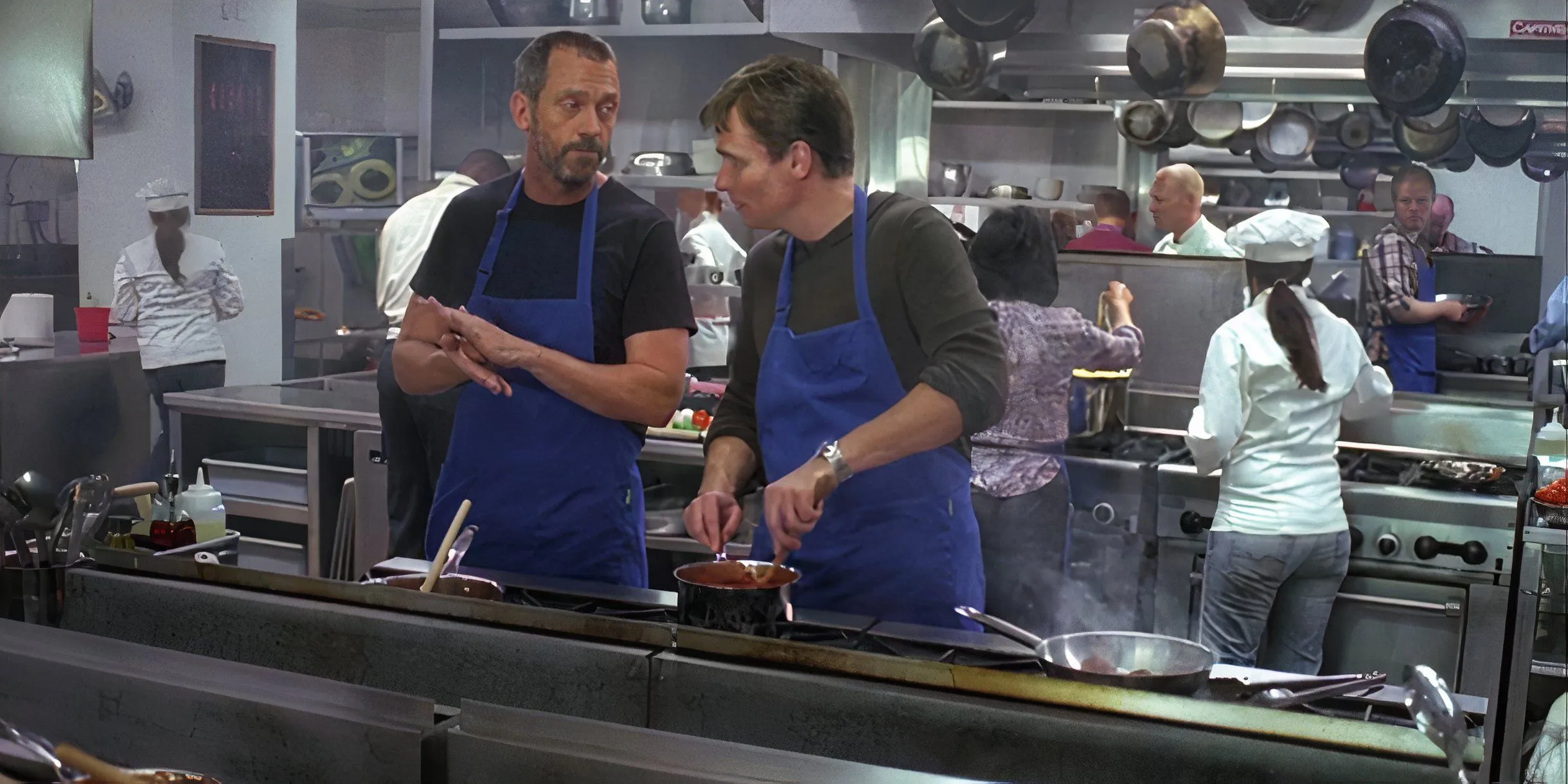
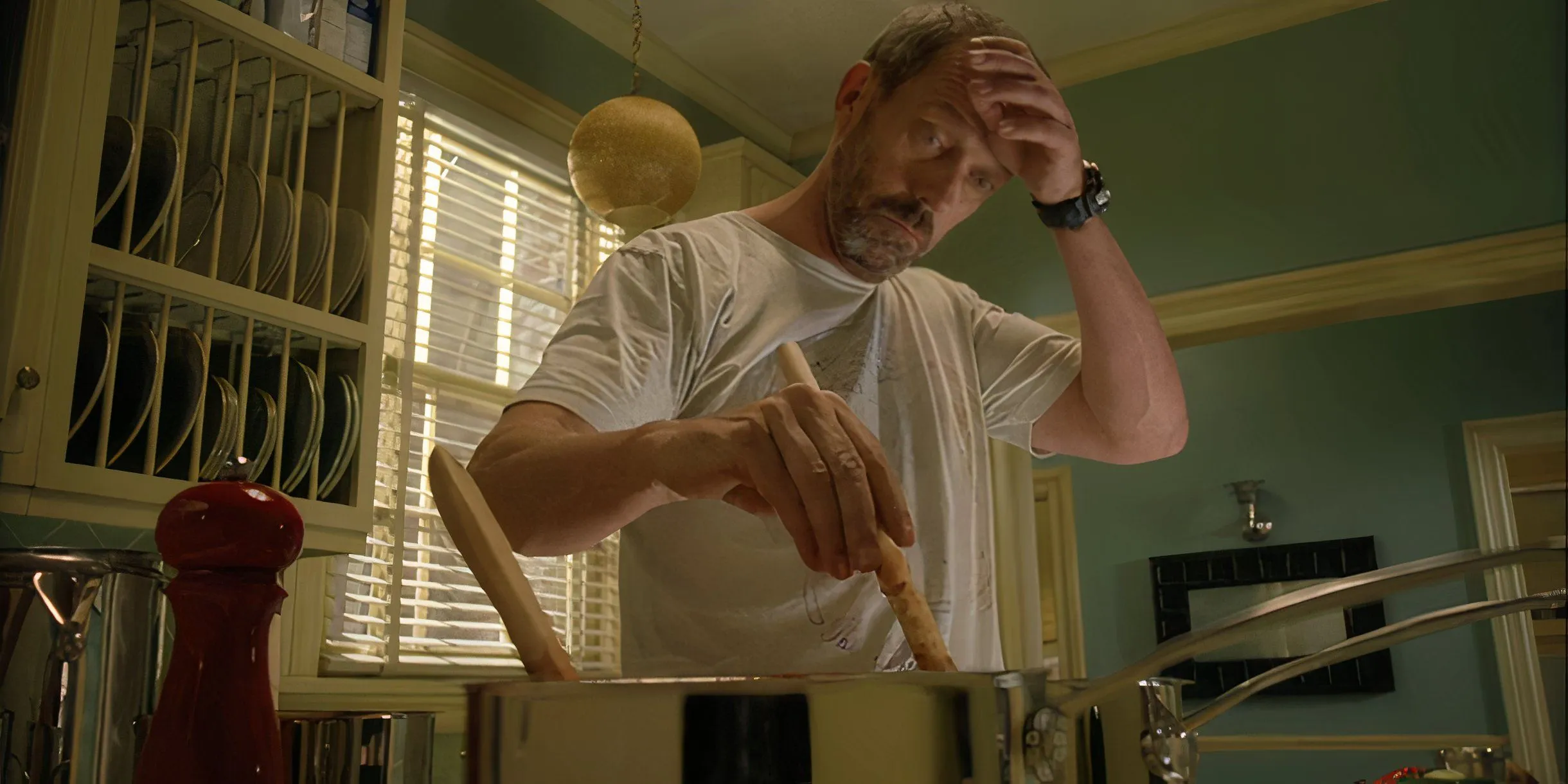
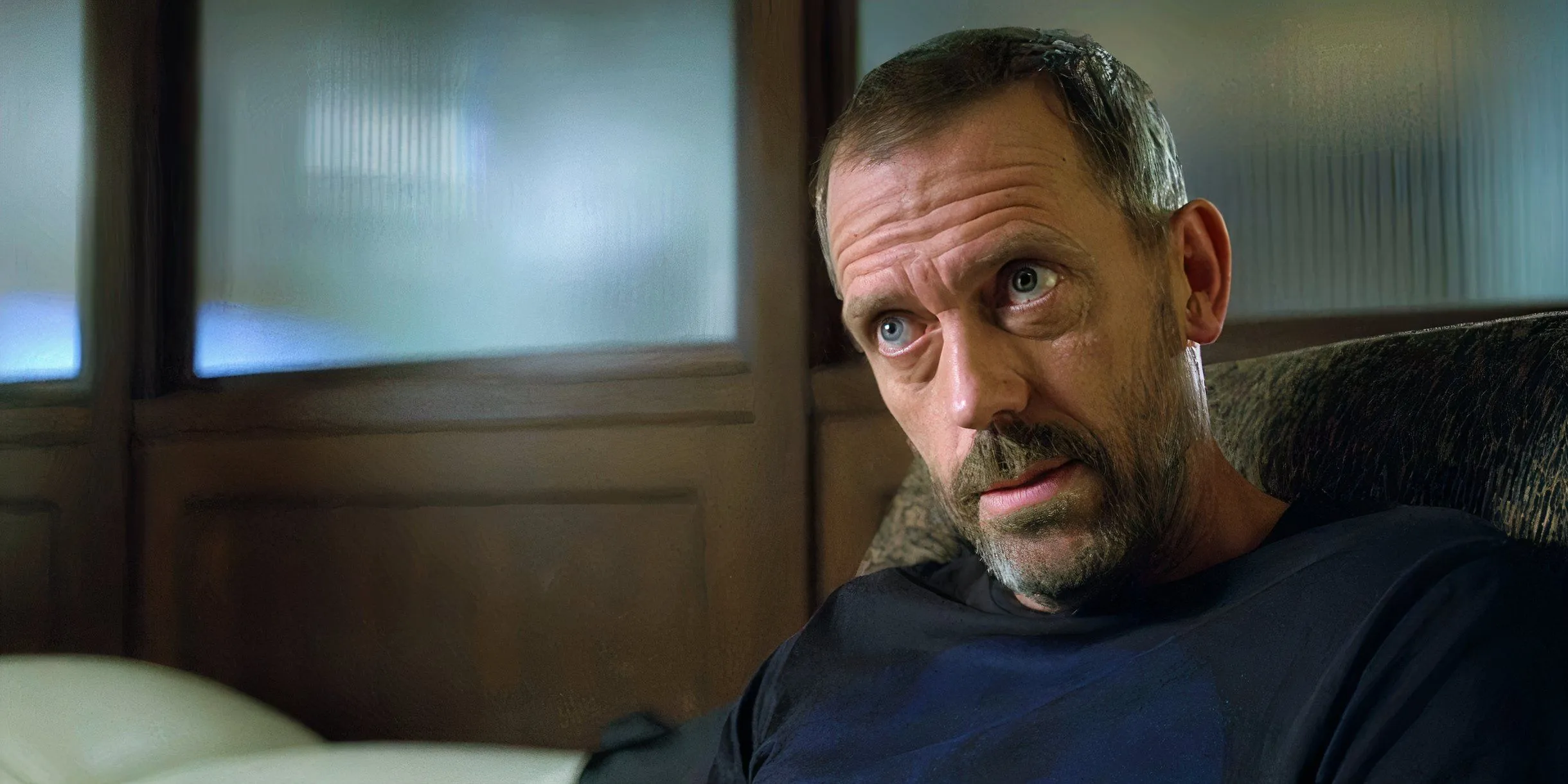
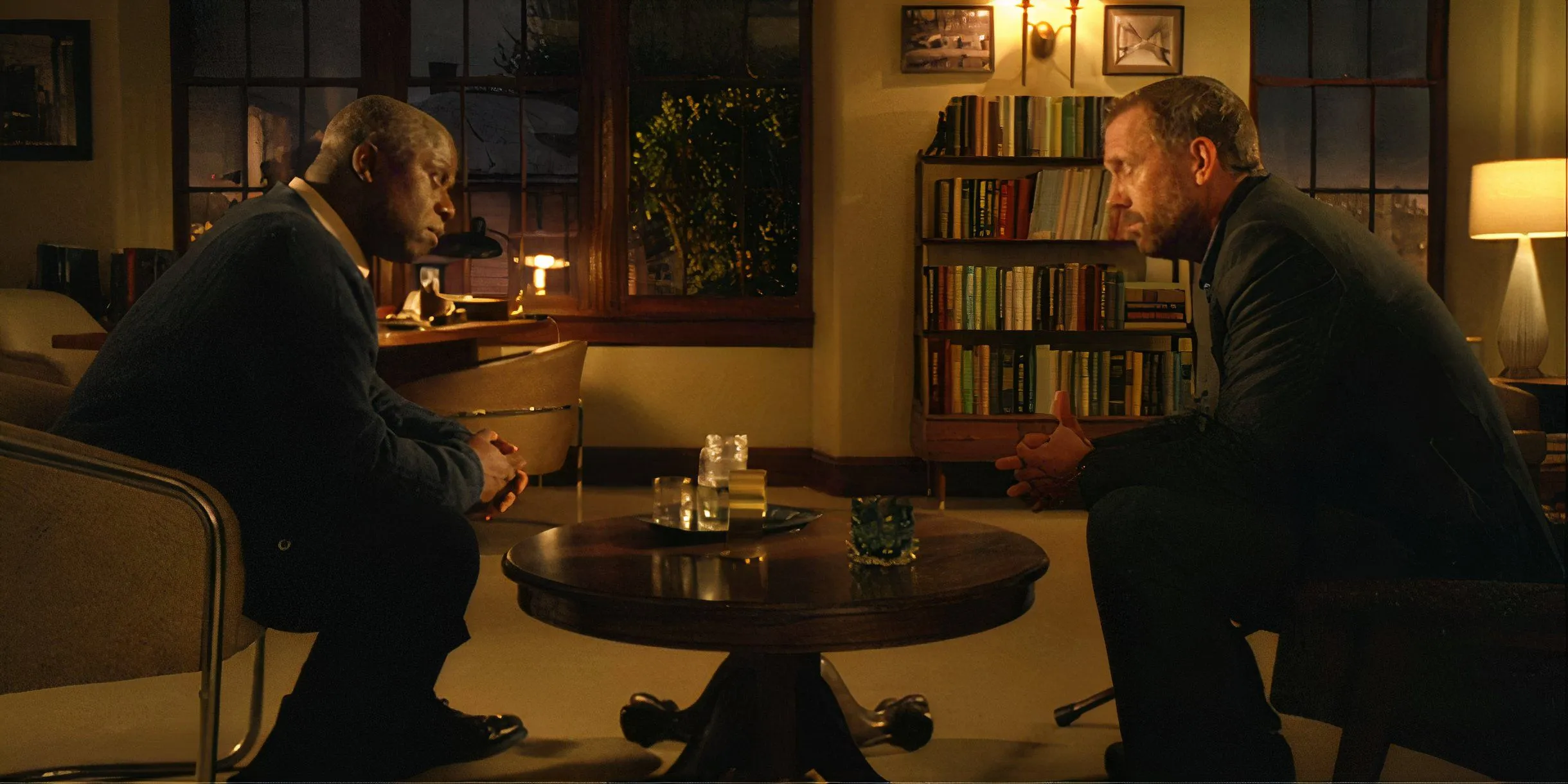
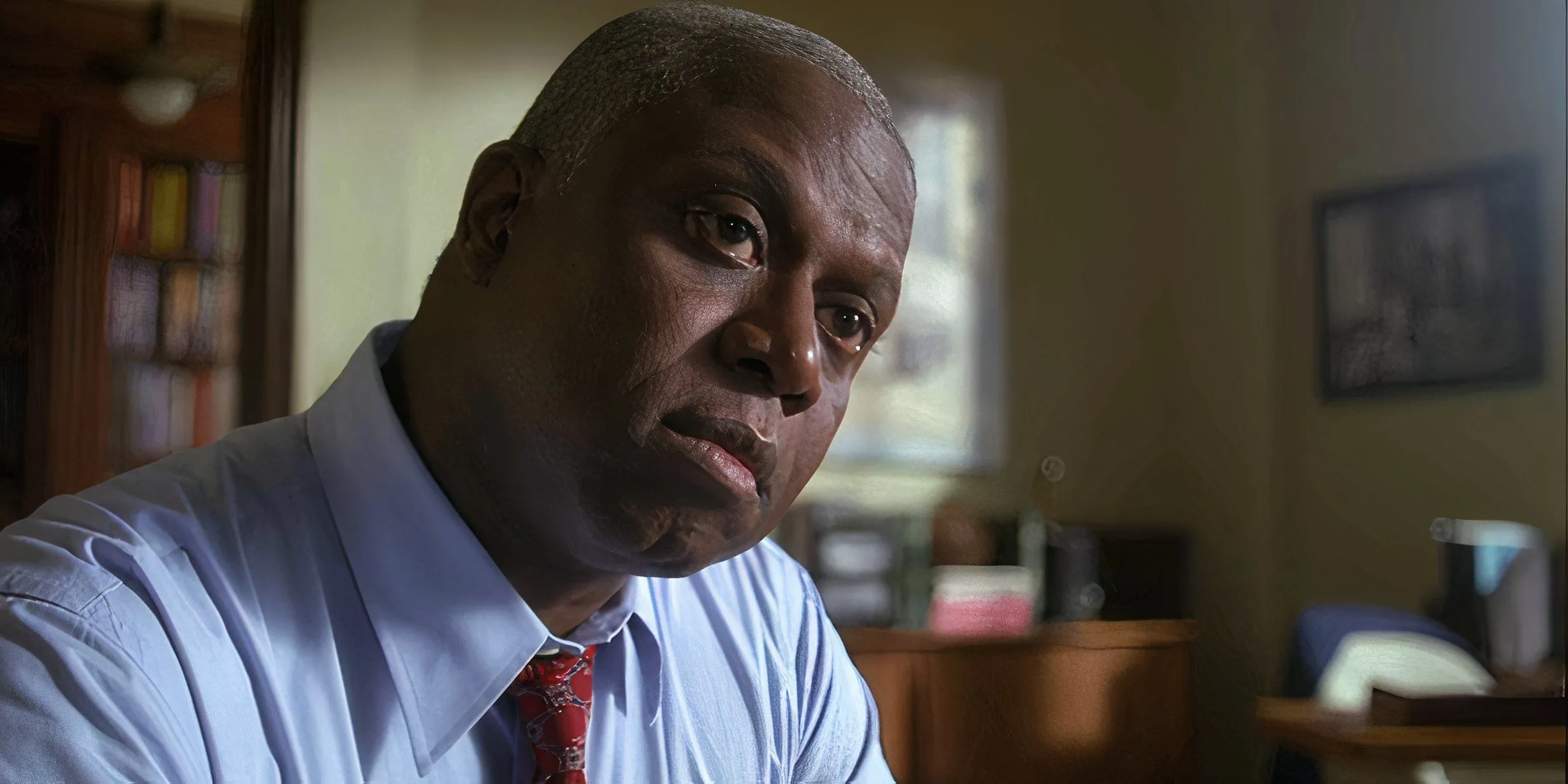
Even after regaining his medical license, House grapples with his identity, turning his back on diagnostics due to fears of relapse. Over eight seasons, House undergoes constant evolution, yet abandoning his position would alter the fundamental essence of the series. Concerned that the pressures of his job might trigger a return to Vicodin, House confides in Nolan about persistent pain in his leg, leading Nolan to suggest he explore new hobbies.
In an ambitious yet misguided endeavor, House joins Dr. James Wilson (Robert Sean Leonard) in a cooking class. However, his addictive personality transforms cooking into an obsession rather than a simple leisure activity, as he perfects each recipe obsessively. Despite House’s efforts, he perceives his leg pain as a failure, yet Nolan encourages him to persevere in searching for the right pastime.
Ultimately, House arrives at the epiphany that his diagnostic work serves as a crucial pillar of his mental well-being. This realization crystallizes when he covertly assists his team through an anonymous online forum. Though he grapples with the notion of ‘relapsing’ into diagnostics, Nolan’s encouragement sparks a robust desire within House to re-enter medicine—a formidable step rooted in the trust he has placed in Nolan.
The End of Therapy: House’s Departure from Dr. Nolan
A Breaking Point: House Grows Disillusioned with Nolan
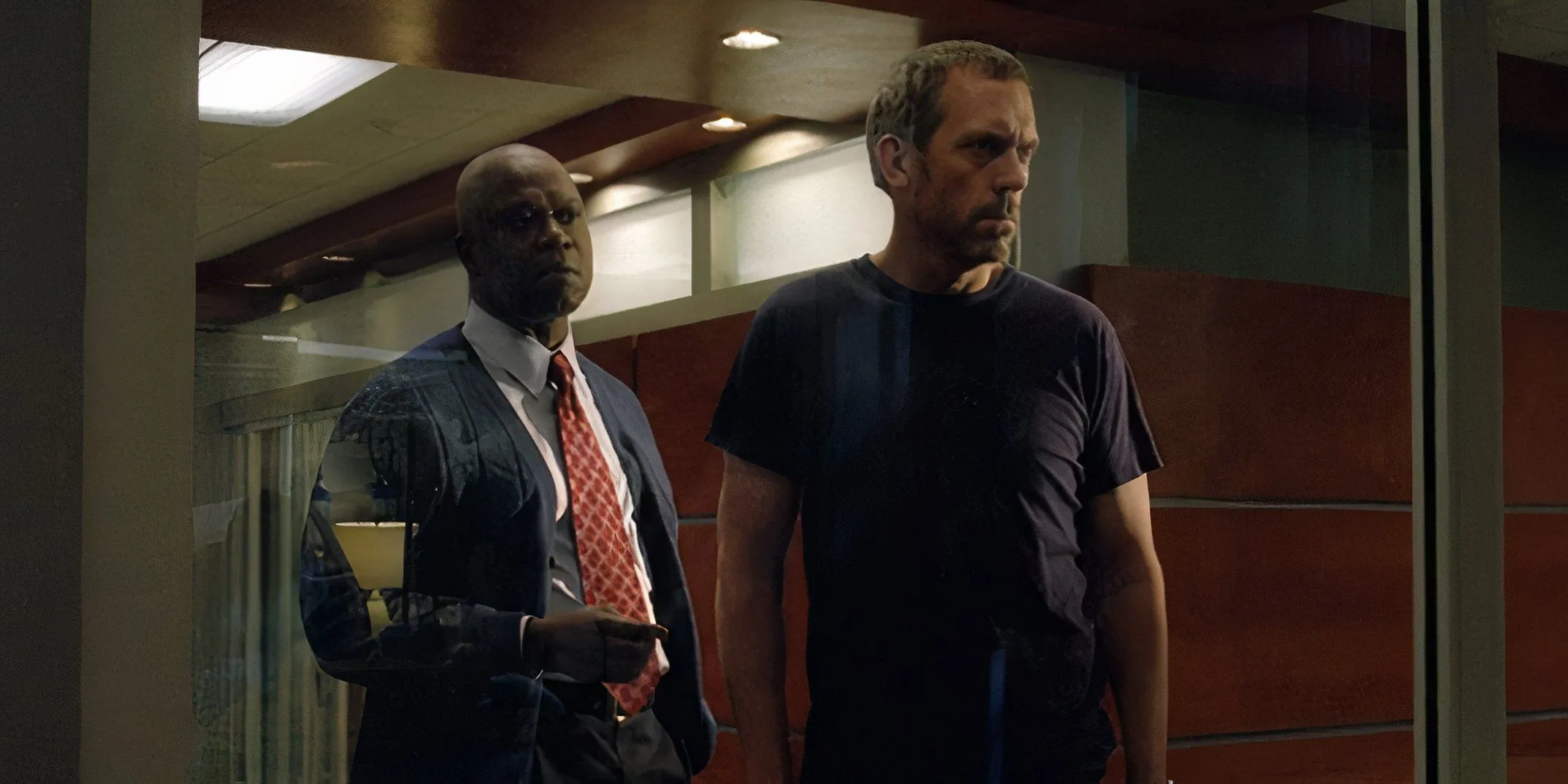
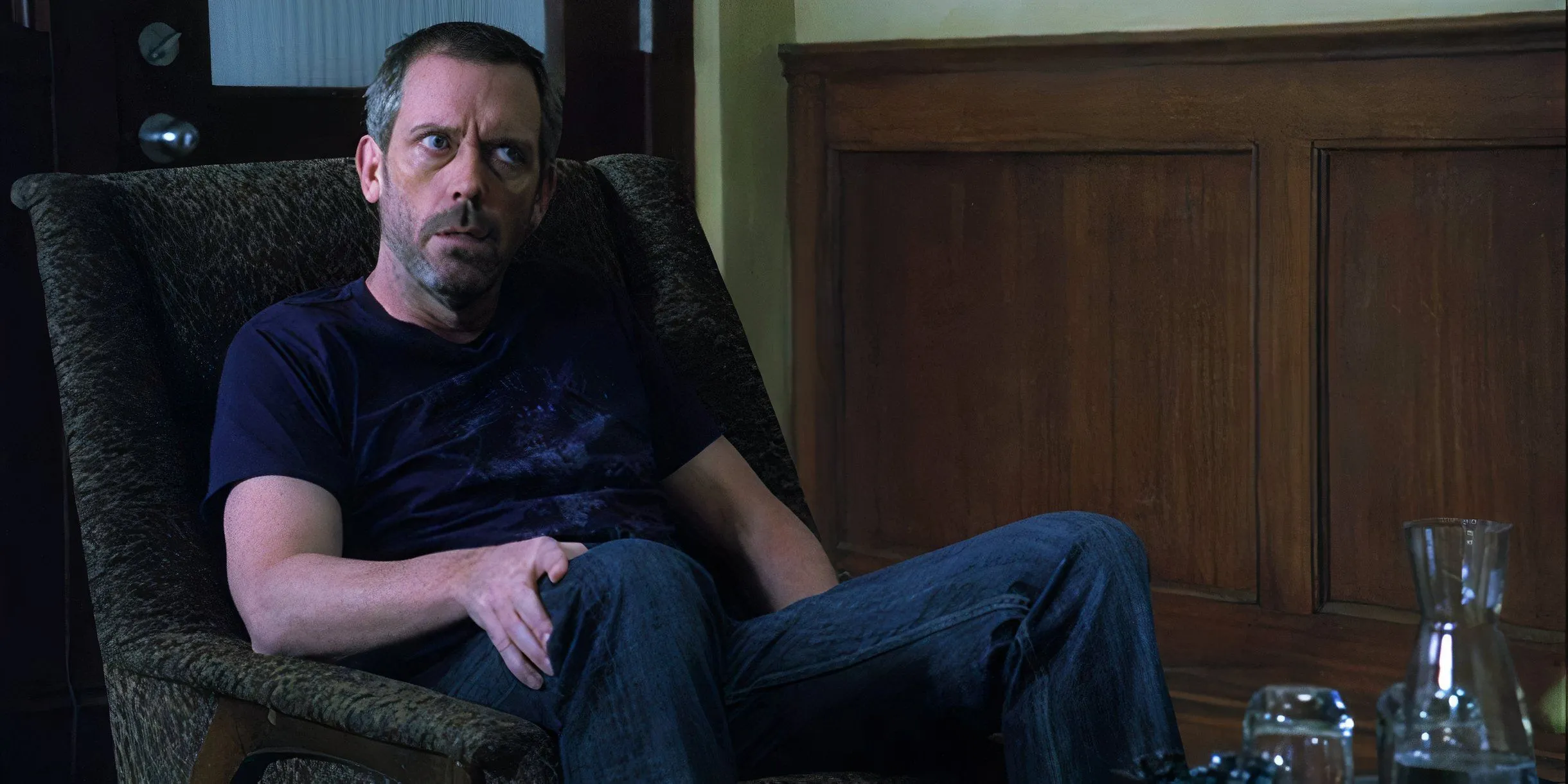
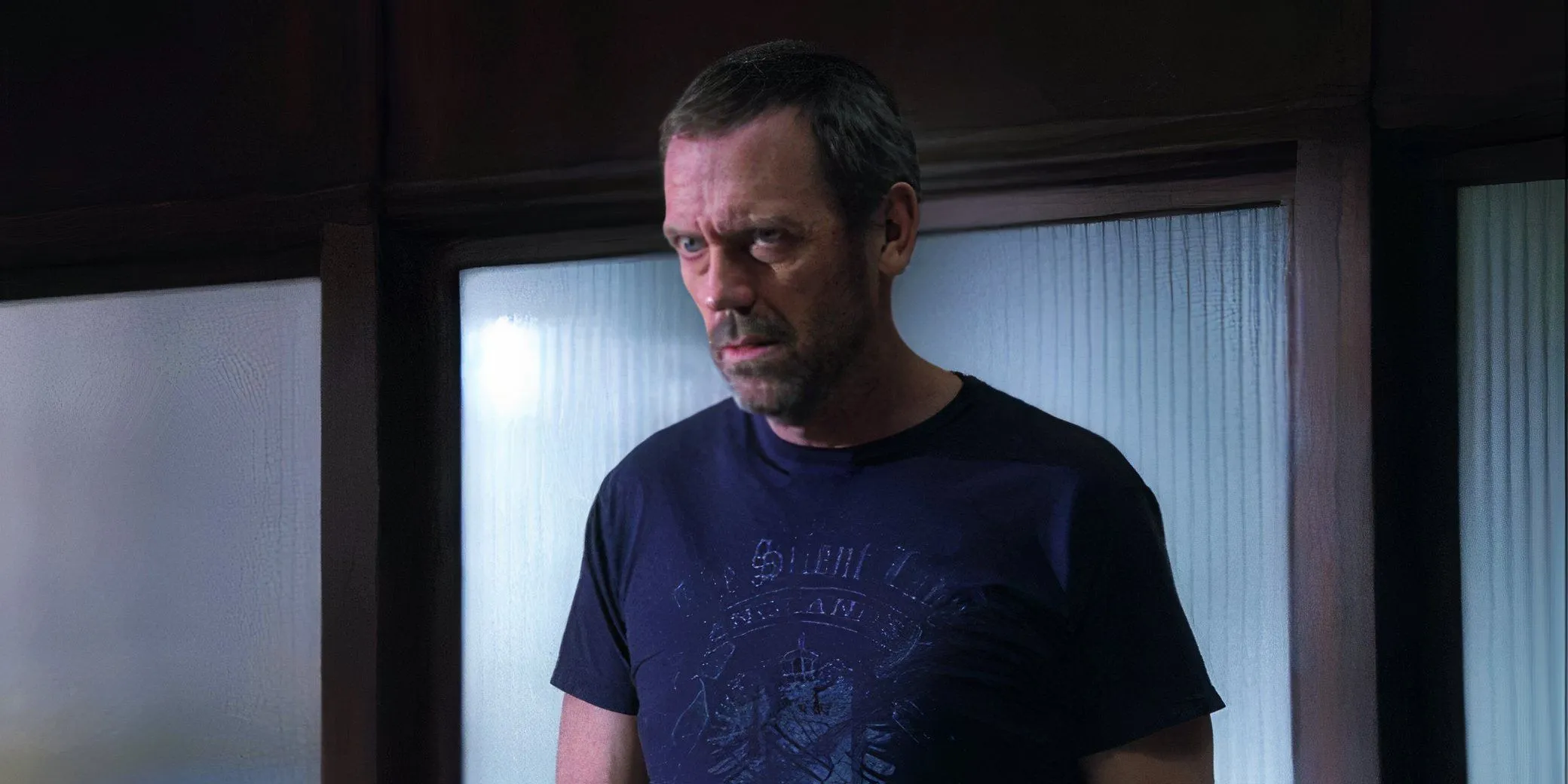
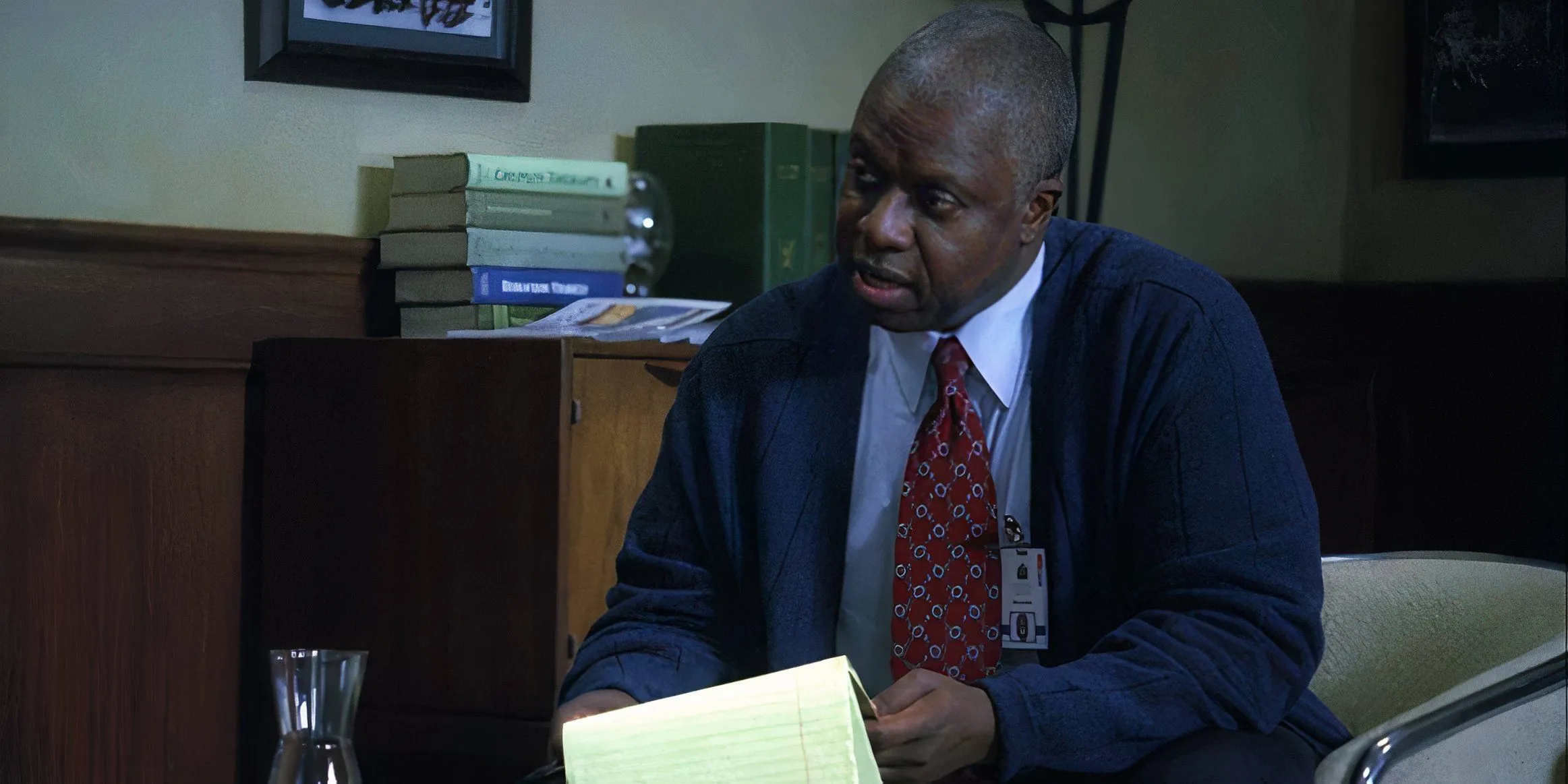
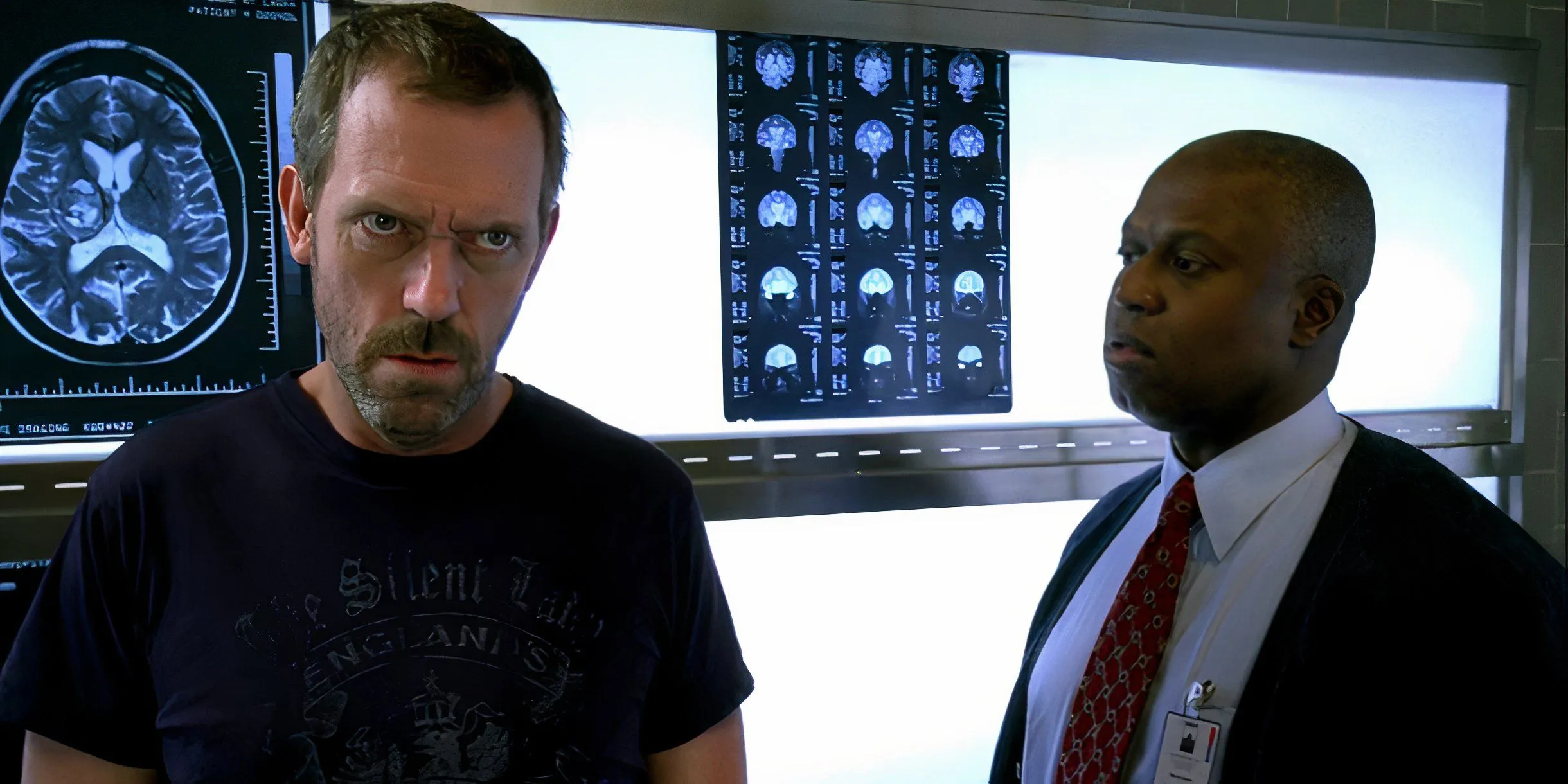
Therapeutic journeys, particularly in psychiatry, often reflect a non-linear progression. After a year of therapy with Nolan, House seeks to discuss an intriguing case of an amnesiac patient. However, Nolan persistently redirects the conversation toward House’s personal struggles. House erects emotional barriers, boldly maintaining that he has endured a “normal week,” despite external pressures from Wilson and the fallout from his relationships.
In a moment of deflection, House confesses to Nolan that Dr. Lisa Cuddy is moving in with her boyfriend—a significant confession Nolan has been trying to draw out. This revelation ignites a volcano of frustration within House, culminating in an outburst where he lambasts Nolan, accusing him of failing to deliver on his promise of happiness. House likens Nolan’s methods to those of a “faith healer,” indicating a profound misdirection of his pent-up anger.
The Legacy of Nolan in House’s Series Finale
A Farewell: Nolan at House’s Funeral
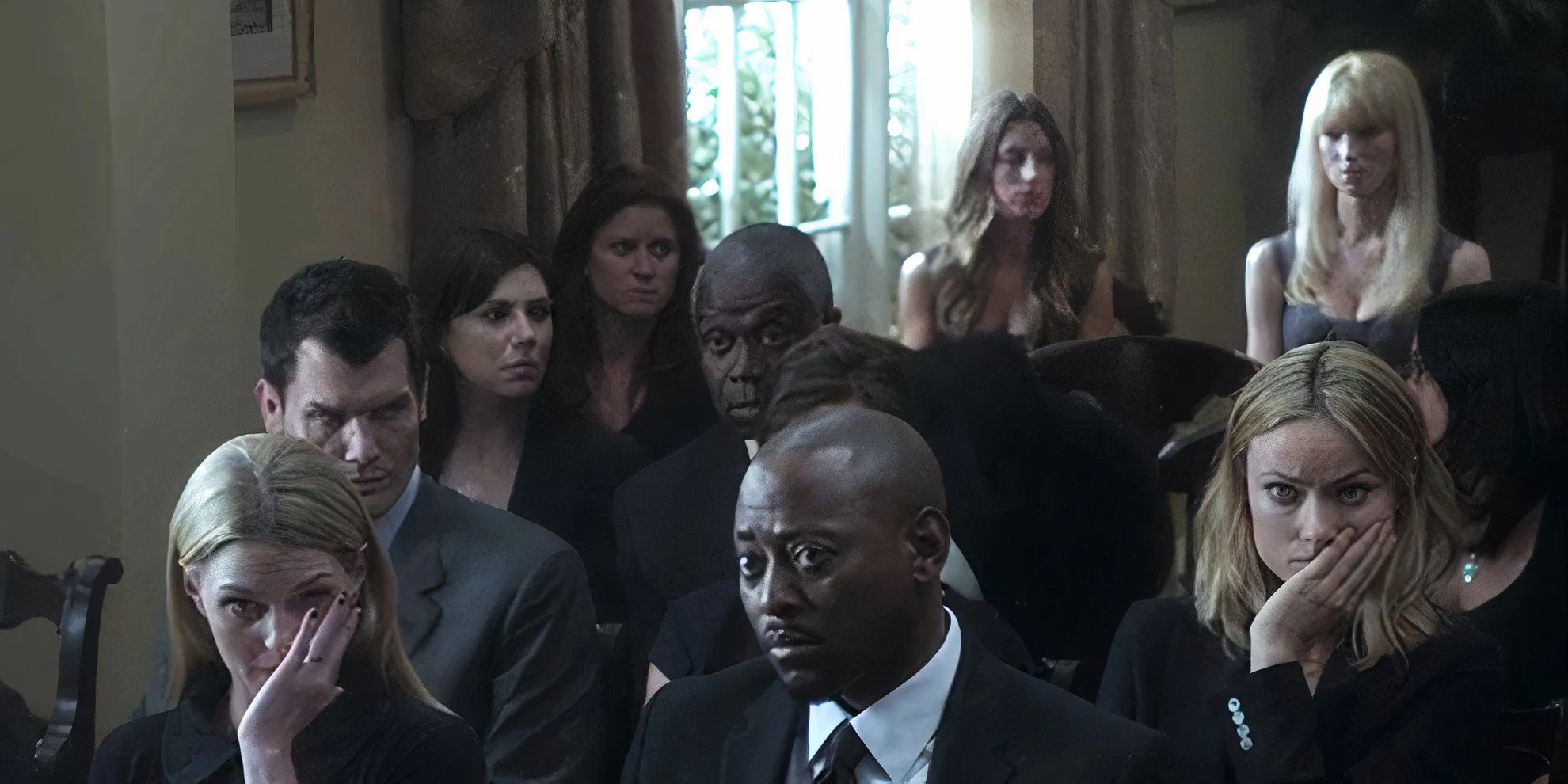
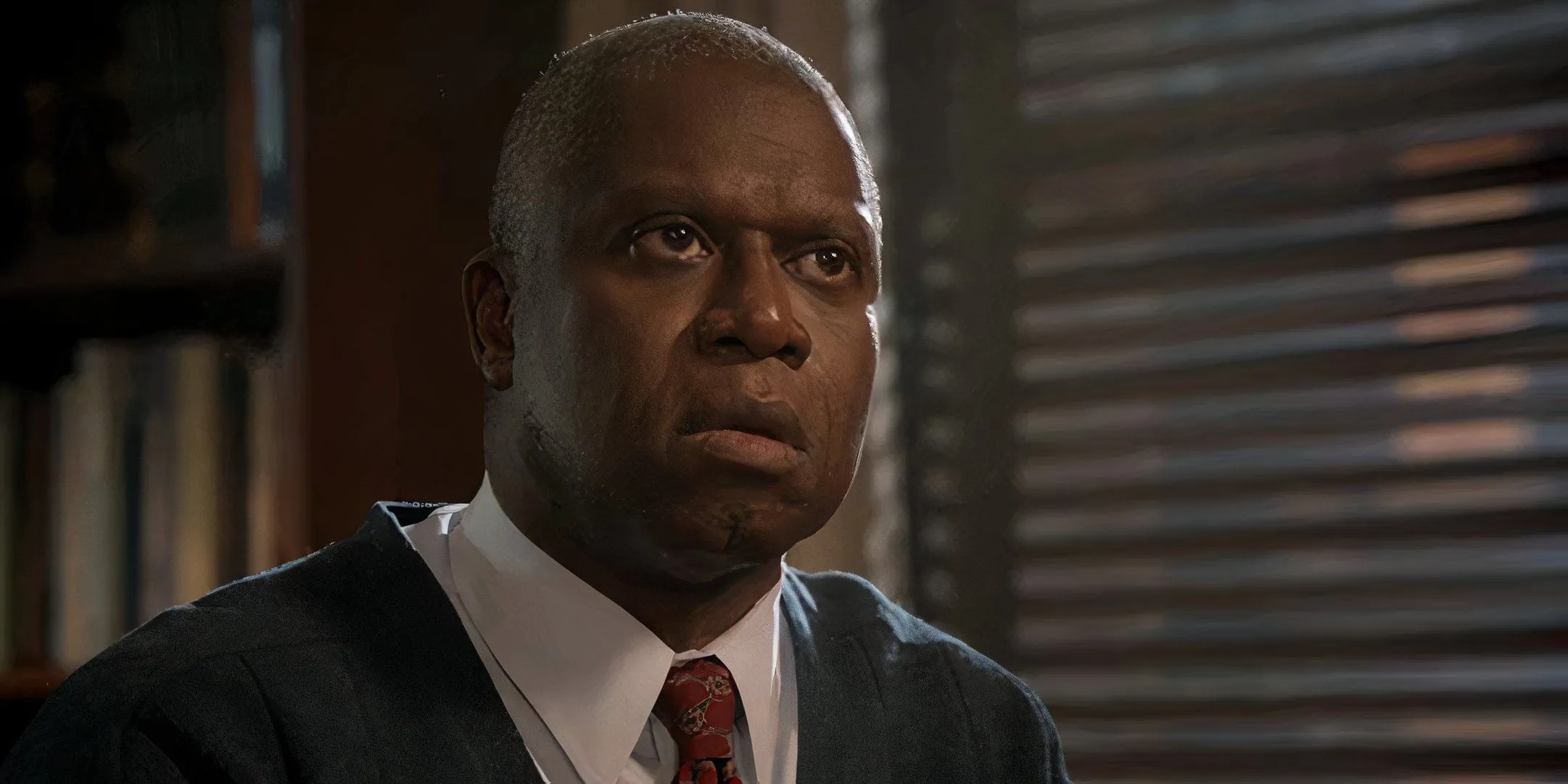
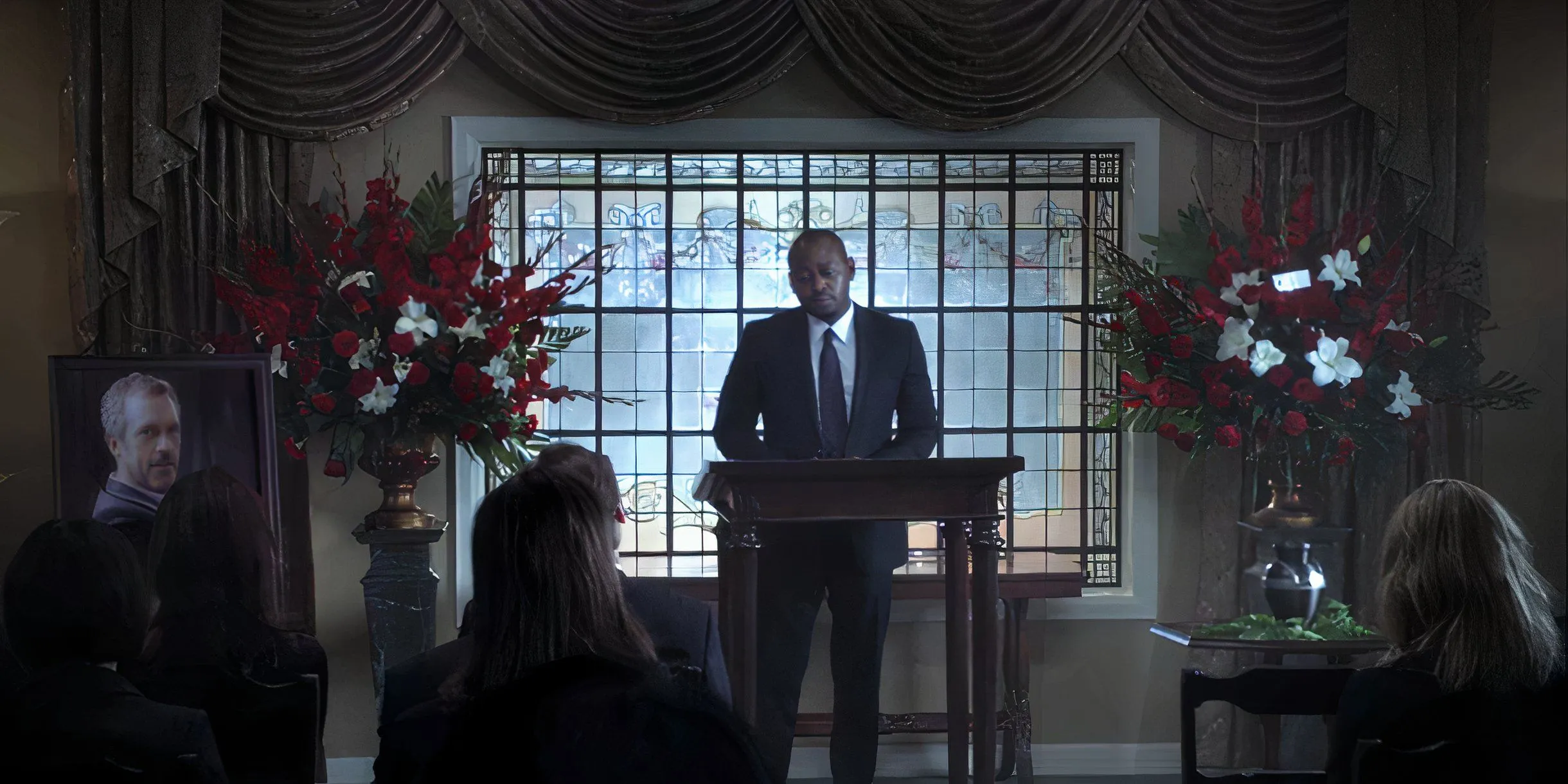
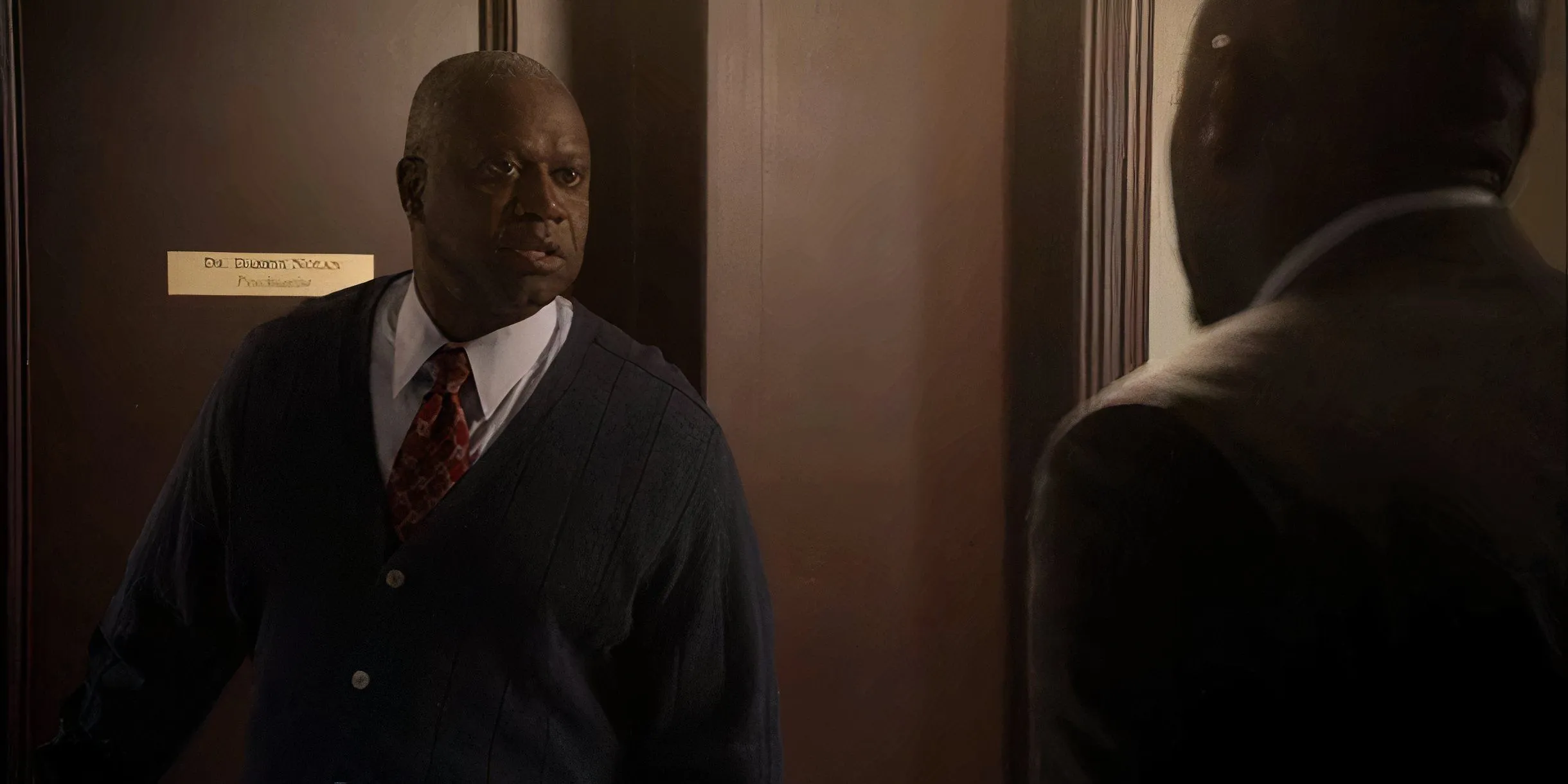
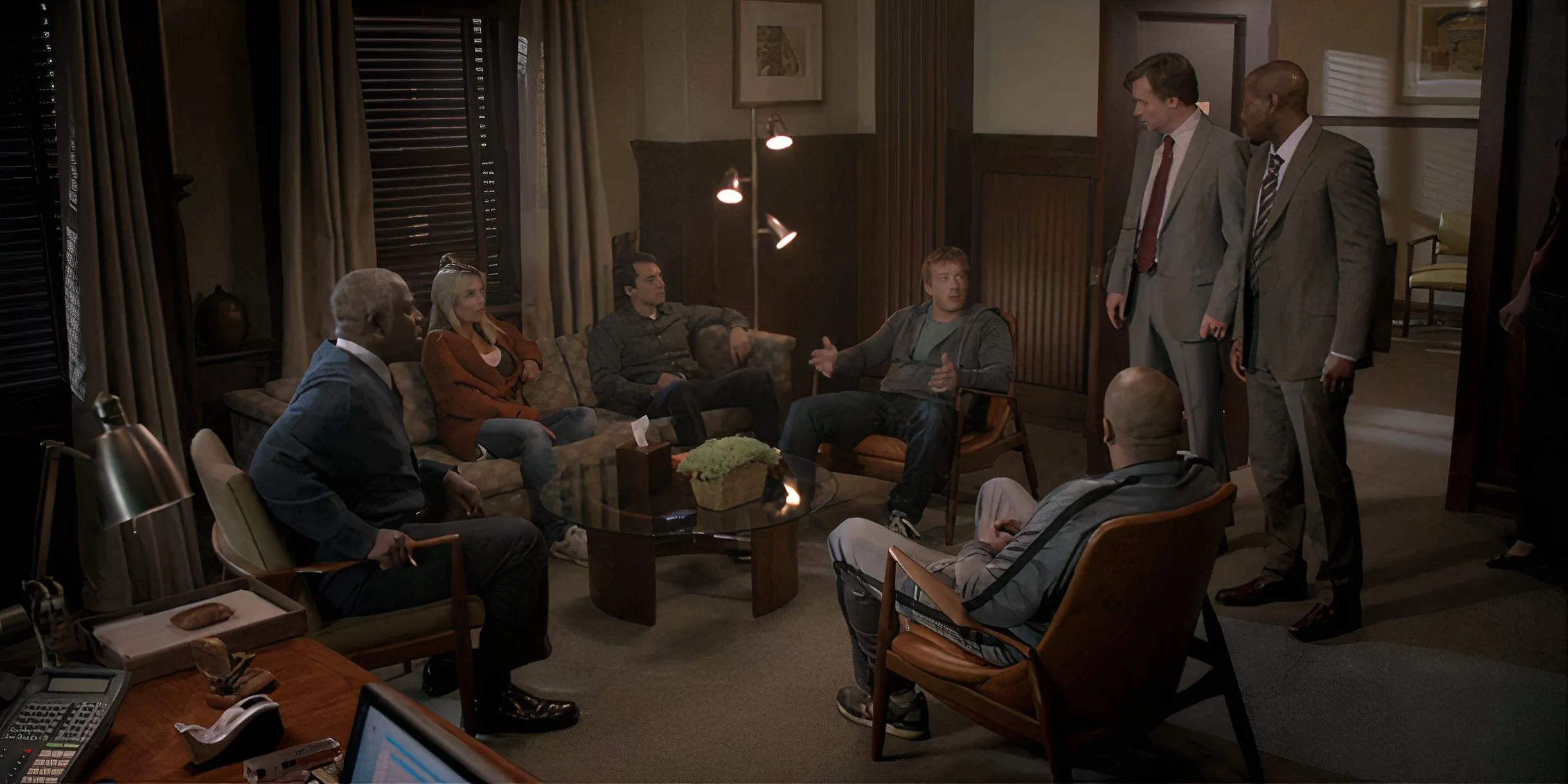
In the series finale of House, a sense of urgency unfolds as Wilson and Dr. Eric Foreman venture in search of House, who has mysteriously gone missing for several days. The narrative tension heightens as the friends grapple with the burdens of House facing impending incarceration and Wilson’s terminal diagnosis. Amidst the chaos, a significant clue surfaces: House’s outgoing call to Nolan, implying their bond persists even after therapy.
During a group therapy session Nolan is conducting, Wilson and Foreman frantically inquire about House’s whereabouts. Here, Nolan dangles between patient confidentiality and his longing to provide assistance. Even while considered ‘former’ patients, the ethical dilemma he faces highlights the intricacies of therapeutic relationships within the narrative. Nolan, without divulging sensitive information, subtly steers Foreman towards an important reflection on House’s last patient—an addict, enhancing the sense of urgency in the ongoing crisis.
In a dramatic twist, House stages his own demise to evade legal repercussions, aiming to embark on an adventure with Wilson amidst their emotional turmoil. As the series comes to a close, House’s presumed death is marked by the discovery of a body believed to be his, resulting in a poignant farewell at his funeral. Nolan’s attendance—without a word—symbolically underscores the profound impact House left on him and the legacy of their complicated relationship.




Leave a Reply